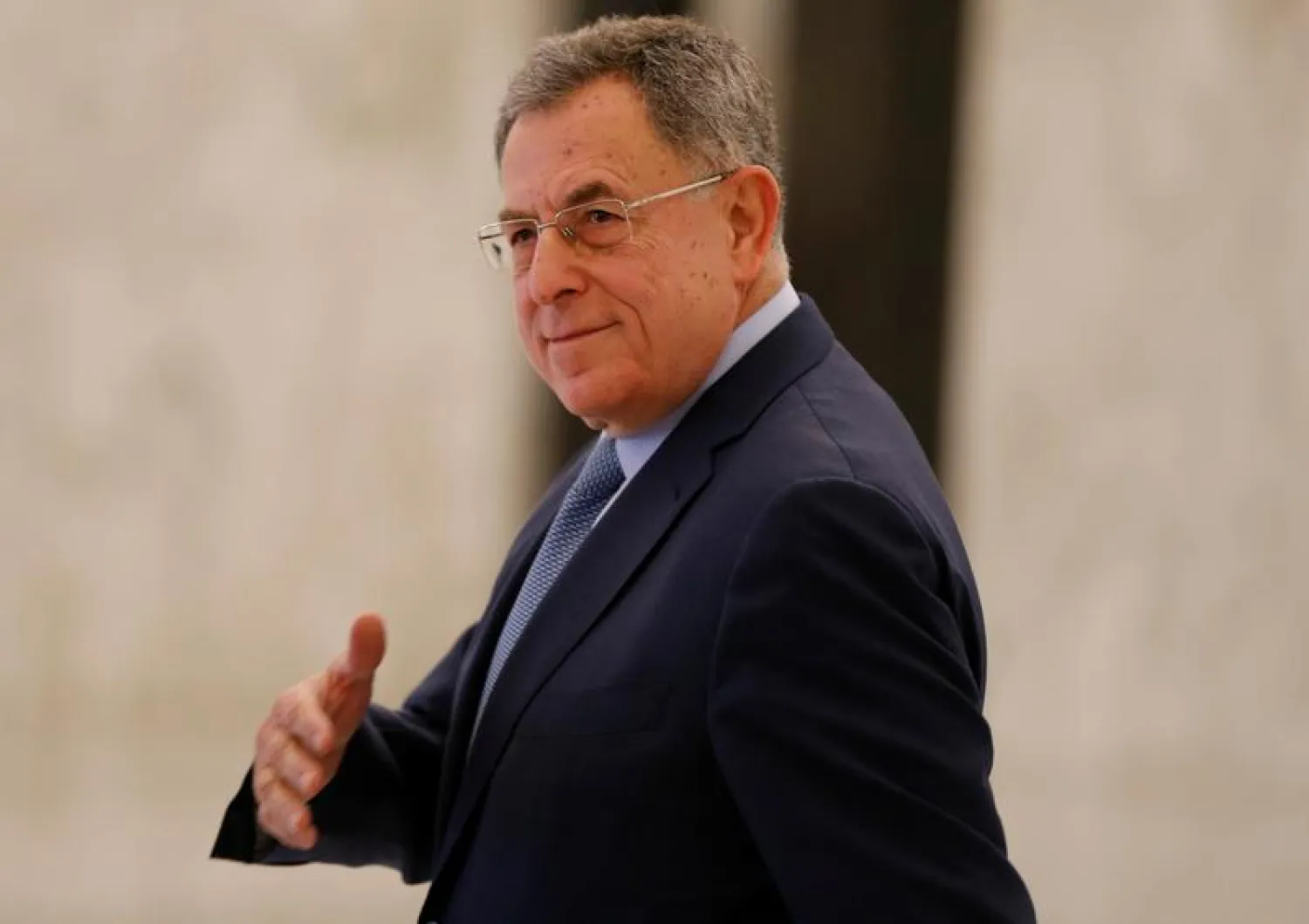Former Prime Minister Fouad Siniora reiterated that Lebanon was hijacked by Hezbollah, stressing that the country could not be restored without the return of the rule of state.
In an interview with a number of media outlets, including Asharq Al-Awsat, Siniora said any solution to the crisis with Saudi Arabia and the Gulf countries should begin with the resignation of Information Minister George Kordahi.
“The problem is Hezbollah; it is no longer permissible to ignore the perpetrator,” he said, asserting that the state “no longer enjoys the free decision.”
The danger of what is happening lies in “messing with the democratic system,” the former premier warned, noting that the national unity governments that were formed following the Doha agreement and the events of May 7, 2008 (Hezbollah’s invasion of Beirut and some areas) were an “unnatural context for the course” of the democratic political life.
He stressed that a natural democratic rule requires “a majority that controls, and an opposing minority,” adding that the Council of Ministers should be the basis for decision-making.
Siniora considered that the election of President Michel Aoun to power “messed up the role of the Presidency of the Republic,” pointing out that the president should be the symbol of the unity of the Lebanese in line with the Constitution.
“When he became a party to the internal crisis, he lost his ability to unite the Lebanese people,” the former premier stated.









